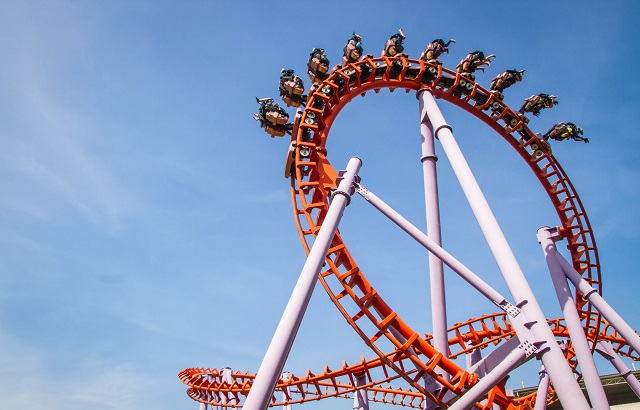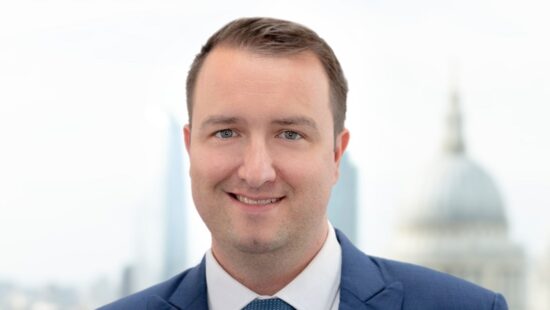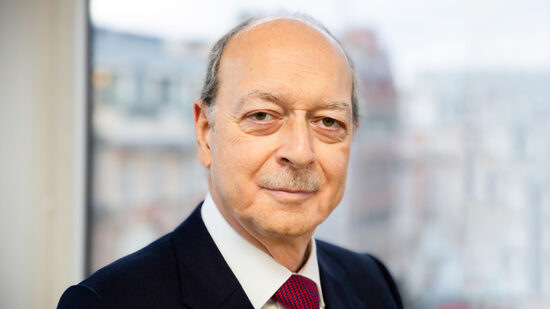Research from Vanguard, titled Patience with Active Performance Cyclicality, suggests investors in active funds need to be able to withstand lengthy periods of underperformance if they want to achieve long-term wealth generation.
Based on data of more than 2,500 actively managed US-domiciled funds over 25 years to the end of 2019, the research found almost all the outperformers experienced drawdowns versus their benchmarks and peers over several one, three and five periods.
Meanwhile, 80% of the outperforming funds also had a least one five-year bottom-quartile spell and top managers can expect a continuous drawdown lasting at least two years every decade and a worst fall of at least 20%.
Impossible consistency
In a world in which constant attention is drawn to poor performance, with Dog Lists et al, it’s little wonder investors can lose patience with funds. However, John Husselbee, head of multi asset at Liontrust, said the Vanguard research is in essence what it calls noise-cancelling investment, which he added is central to the group’s multi-asset approach.
“For us, this data reiterates one of the core messages underlying our fund selection: while consistency of performance is ultimately impossible over every timeframe, consistency of investment forces – for our chosen managers – is essential,” Husselbee said.
For Husselbee, the ultimate conclusion from Vanguard’s data is that investors not only need to pick the right active managers, but also have the patience to endure long periods of sub-par returns.
“If unable to do either, fund selection becomes a very challenging, and essentially fruitless, exercise,” he said.
A long game
So, how does this research fit into the seemingly never-ending active versus passive funds debate?
Husselbee said while patience has to be the watchword when it comes to fund selection, he noted this is increasingly out of step with the short-termism of markets and the behaviour of many investors.
“There’s a library’s worth of books for anyone keen to get into the detail of behavioural investing but the forces of fear and greed can be found at the root of most decisions to sell or buy assets, many of which are taken at precisely the wrong time,” he said.
“Active investing – and picking active managers – is a long game but many of the standard performance metrics that measure it are not built around this,” he added. “Alpha, beta and information ratio, for example, all typically use three or five years as their default timeframe but these time periods are clearly too short to evaluate managers with any degree of confidence, and differentiate luck from skill.”
As a result, while passive funds play an important role within Liontrust’s multi-asset funds and portfolios, Husselbee believes picking active managers, by definition, is the only way to generate long-term outperformance.
“Key to this is transparency throughout,” he said. “It is about making sure everyone understands the path towards the ultimate goals, which is why initial suitability and know your client work is so important to successful target risk investing.”








